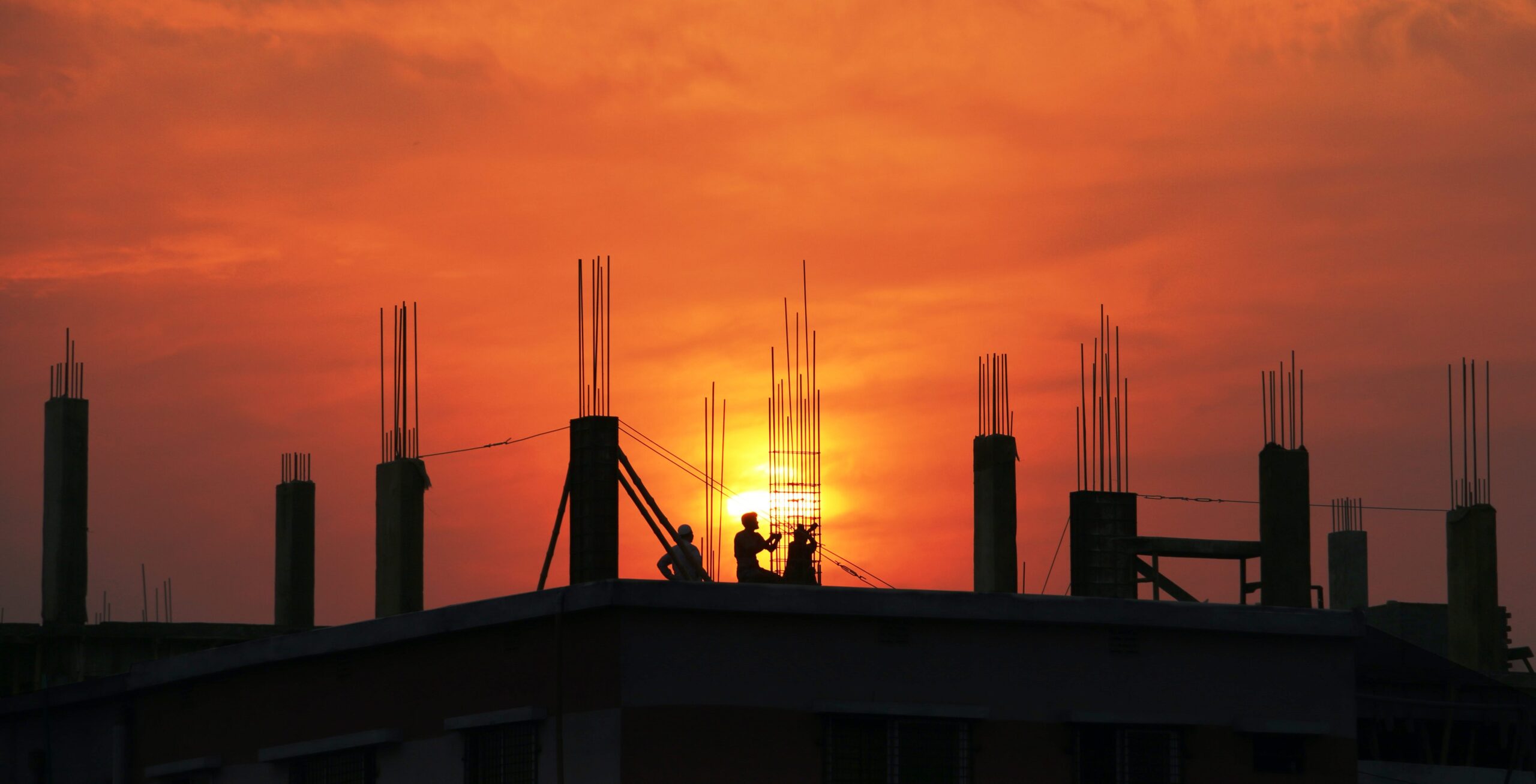Catalonia’s cement consumption in the month of November has been reduced by 9.0% compared to November 2022, and now has 8 consecutive months of decline. With this figure, the accumulated consumption of 2023 is reduced by 7.9%, standing at 1.99 million tons, which leads to the variation in the moving year being -7.4% and a volume of 2.17 million tons. Cement production’s rate for the last 12 months stands at -1.3% and a volume of 3.28 million tons. Exports of cement and clinker also decreased throughout the moving year to 1.78 million tons (-1.1%).
The negative situation in which the cement market finds itself is explained by the decline in housing construction but, mainly, by the lack of execution of public works. Salvador Fernández Capo, president of the Ciment Català employers’ association, considers that the paralysis in the construction and maintenance of infrastructure “is doubly harmful for the country. First, because it penalizes the competitiveness of the economy and the well-being of citizens, who see how the problems of road and railway congestion multiply or the water supply is further reduced in a context of drought.” But, in addition, the lack of investment in the modernization of infrastructure and equipment “will lead to a much higher cost later.”
Fernández Capo adds that “investments in infrastructure are essential for the functioning of a modern society. Every euro invested generates a driving effect on the country’s competitiveness, environmental, social and economic sustainability and quality of life.” Problems with the execution of public works projects are becoming an endemic problem in Catalonia. According to a report from the Chamber of Works Contractors, a total of 954 works have been left empty between 2021, 2022 and the accumulated until September 2023, reaching an amount of 312.1 million euros.

